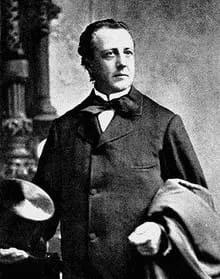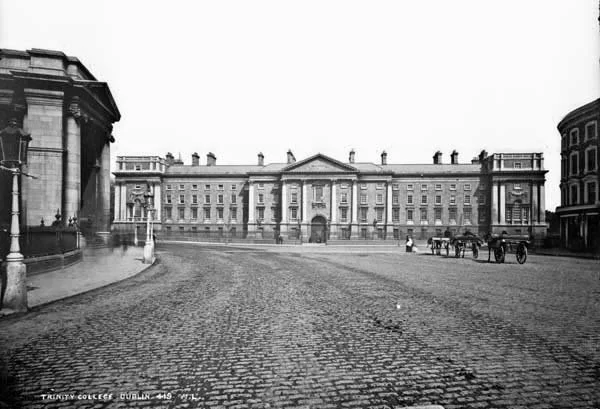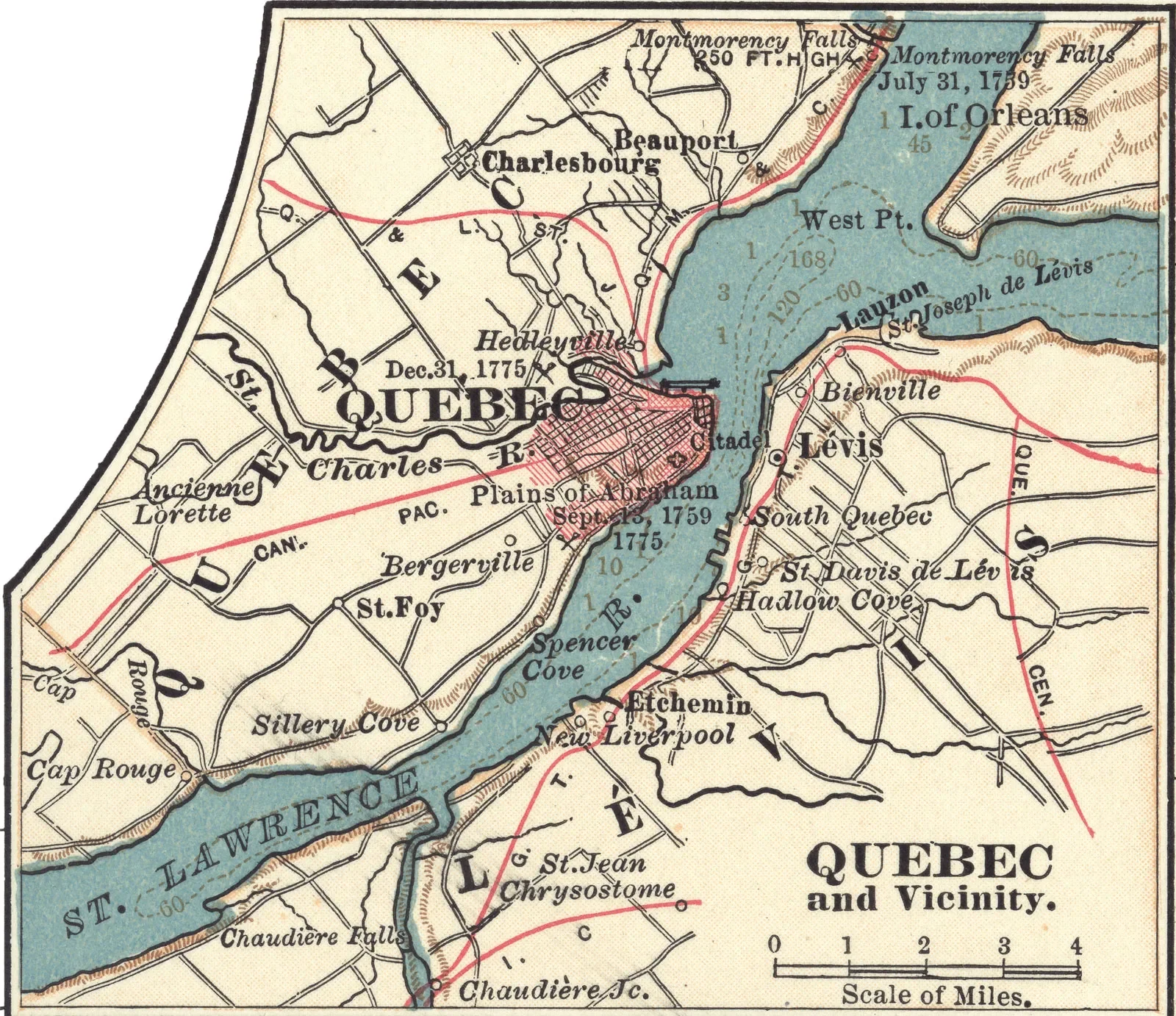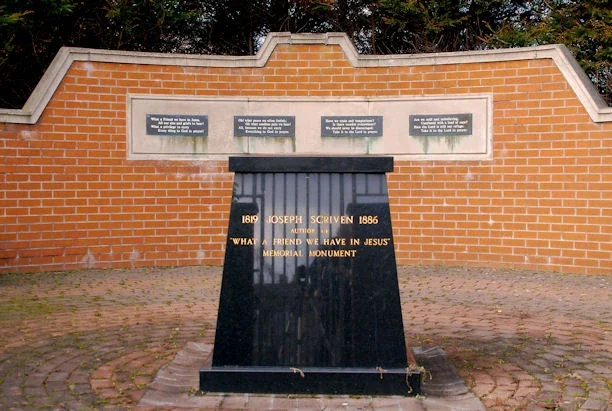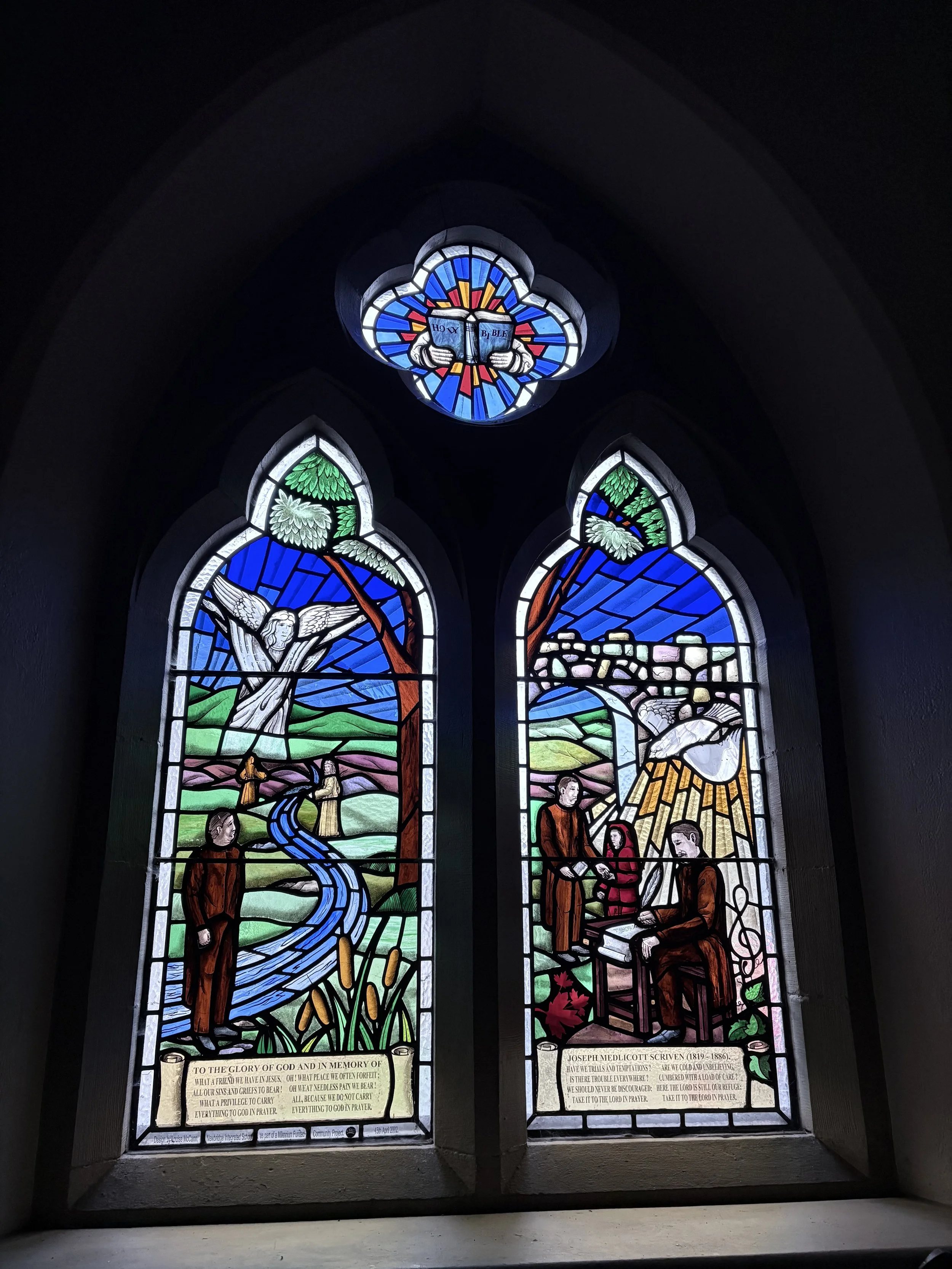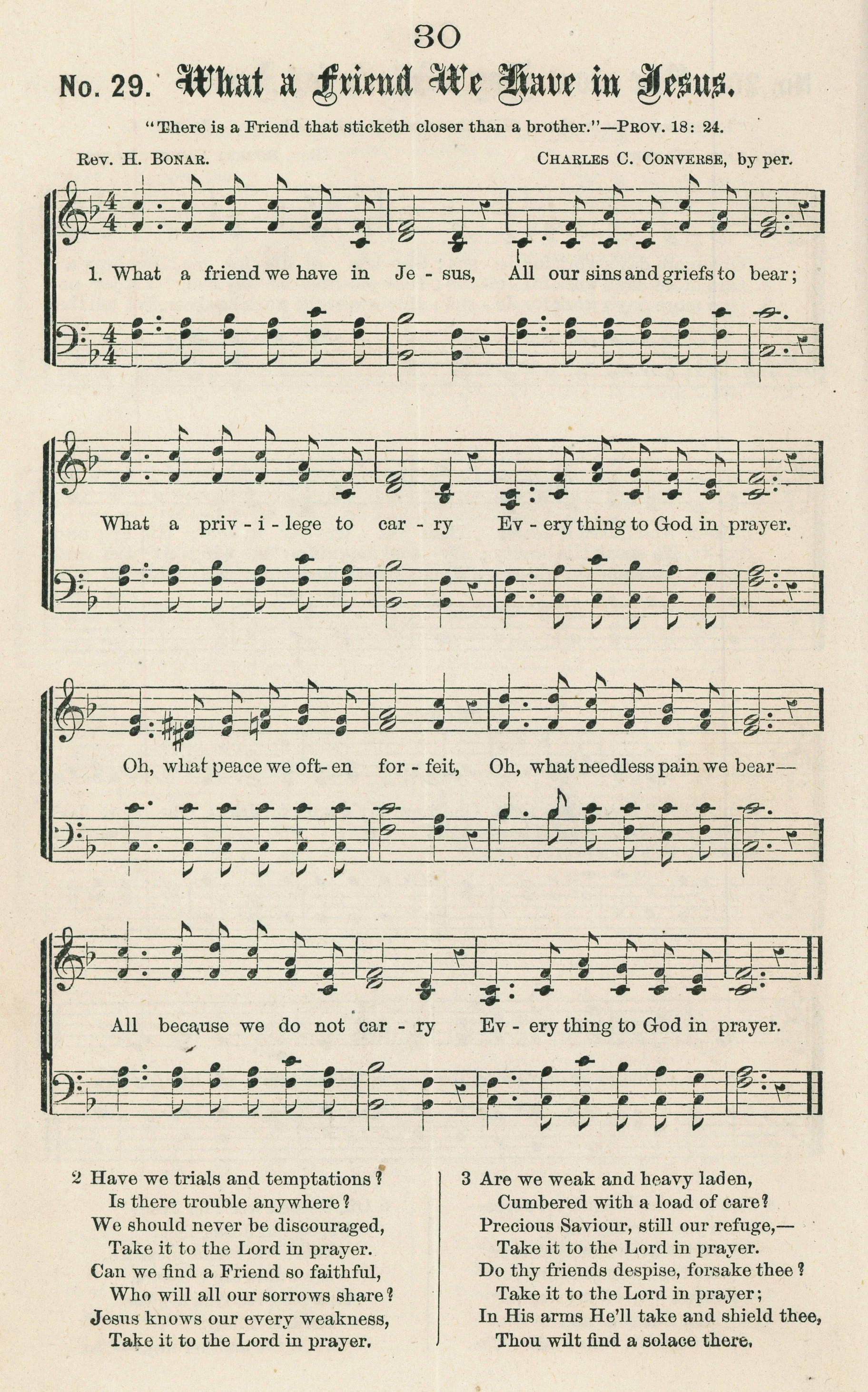
Joseph M. Scriven 1819-1886
Joseph Medlicott Scriven was born in Ballymoney Lodge, Banbridge on 10th Sept 1819. He was purported to have been baptised on the same day, due to ill health, in the then Parish Church, located in Seapatrick Village.
His father was Captain John Scriven, formerly of the Royal Marines (1780 - 1850) and later churchwarden of Seapatrick Parish Church and his mother was Jane Medlicott (1787 – 1866). His mother was the daughter of the Reverend Joseph Medlicott, of Wiltshire, England. Joseph had an older brother, William (1817) and two younger brothers, George (1821) and John (1823). He also had two sisters, Catherine Anne Mary (1825) and Jane (1828).
Little is known about Joseph’s very early life but we do know he entered Trinity College Dublin (TCD) in 1835, aged just 16. He left TCD in 1837 after only two years and entered Addiscombe Military College. At that time, Addiscombe trained gentlemen cadets for the East India Company.
After two years, in 1839 he resigned from Addiscombe. The official resignation states “the health of Joseph Scriven rendered him unfit for service in a tropical climate”. He returned to TCD, graduating in 1842, aged 21, with a BA, on the same day as his brother William graduated with an MD.
At some stage shortly after his graduation, he apparently fell in love with a Banbridge girl, her name is unfortunately lost to history. They planned to marry in the summer of 1843. The story goes that he lost his fiancée when she was thrown from her horse whilst crossing the river Bann and drowned the day before their planned wedding. It is said the tragedy occurred in full view of Joseph who was on the opposite bank. No surviving account of the of the accident exists so the exact location and further details of the tragedy are not known.
This great loss was to affect the rest of Joseph’s life. Shortly after, he became involved with a “separatist” movement in Dublin which, in his hour of despair, offered some unity and love and he joined. The movement was later to become known as the Plymouth Brethren. Joseph’s change of religion caused an estrangement with his wider family who were all staunch Anglicans.
Within 2 years, some say to escape the memory of his dead fiancée, he decided to move to Canada, where he planned to stay with the Courtneys (a brethren family) in Woodstock, near Hamilton. He had apparently other family connections in Canada, indeed his grandfather William Barclay Scriven died in Quebec in 1782.
Before his departure, his mother bought him an expensive coat to better endure the Canadian winters but, before he left, she discovered Joseph had given it away to a beggar in Dublin. He told his mother “I gave my coat to a man who needed it more than I did.”
After only a few months in Canada, he became ill and, not wishing to be burden on the Courtney family, he returned home to Ireland.
In 1846, Joseph found employment as a tutor to the son of a Dr Bartley, who was a surgeon to the 1st Royal Dragoons, based in Dundalk. He toured the Middle East with the Barclay family and apparently this had a dramatic effect on him. He was impressed with Damascus and walked “the street” which had seen the conversion of St Paul. It seems this was an inspiration to him as he felt that the Lord had also spoken to him as he walked upon it.
In 1847, despite his previous ill health there, he returned to Canada. At some stage in the 1850’s, he moved to the Rice Lake area of Ontario, to become tutor to the family of Captain Robert Lamport Pengelly.
It was around 1855, apparently on receiving news of his mother’s illness and whilst living at Sackville’s, Bewdley, Rice Lake, Canada, that he penned a poem to comfort his mother, called "Pray Without Ceasing". It was first published in a Port Hope newspaper. It was later set to music and renamed by Charles Crozat Converse, becoming the hymn "What a Friend We Have in Jesus", so much enjoyed by millions of Christians around the world.
He became engaged to Mrs Pengelly's niece, Eliza Roche but in August 1860 she too died. It is said her death was caused by pneumonia that developed after Scriven baptised her by total immersion in a freezing lake in April. Following this second life tragedy, he devoted the rest of his life to tutoring, preaching and helping others less fortunate than himself.
In 1869, Joseph published a collection of 115 hymns and other verses, which strangely did not include his most famous hymn "What a Friend We Have in Jesus".
Joseph Scriven died on 10 August 1886, aged 66, at Bewdley, Northumberland County, Ontario, Canada. He had been suffering from depression and was also ill with a very high fever. A friend had left him to rest around midnight, moving to another room to pray. On entering Joseph’s room later, his friend found it empty. A subsequent search failed to find any trace of Joseph and it was not until around noon the following day that his body was found in the millrace of the nearby river.
He is buried in the Pengelly Family Cemetery, Pengelly Landing, Peterborough County, Ontario, Canada.
On Wednesday 15 June 1988, a monument was finally unveiled to the memory of Joseph Scriven, facing Downshire Place, in the grounds of the Civil Building in his home town of Banbridge. The monument was based on a design initially submitted by two former Banbridge High School pupils, David Bickerstaff and Colin Cowan.
On 15th April 2002, a stained glass window in his memory was also dedicated in Holy Trinity Parish Church. The ceremony was conducted by the Right Reverend Henry Scriven, Suffragan Bishop of Gibraltar in Europe, who was in fact the great-great-grandnephew of Joseph Scriven.

